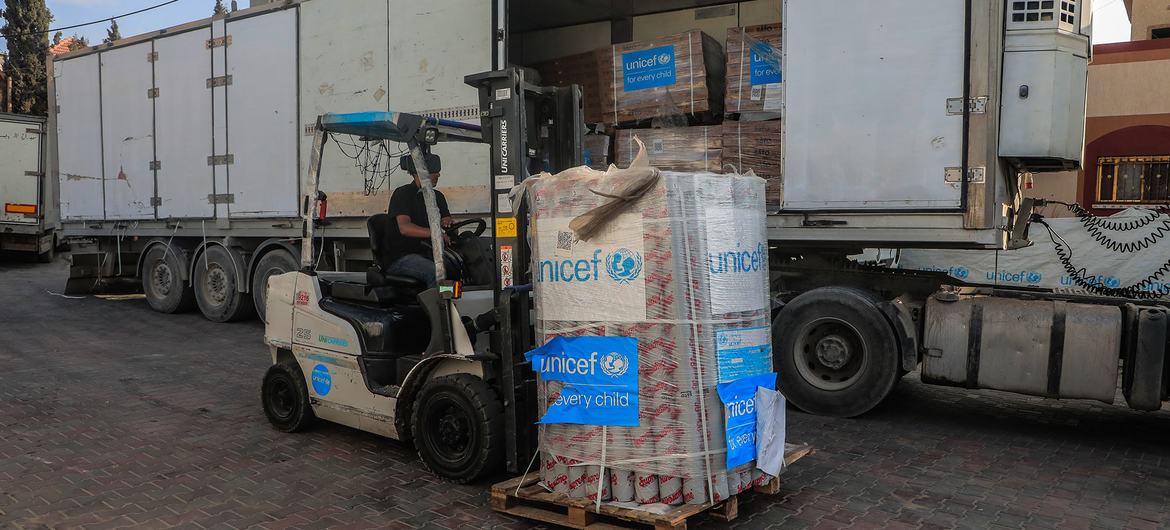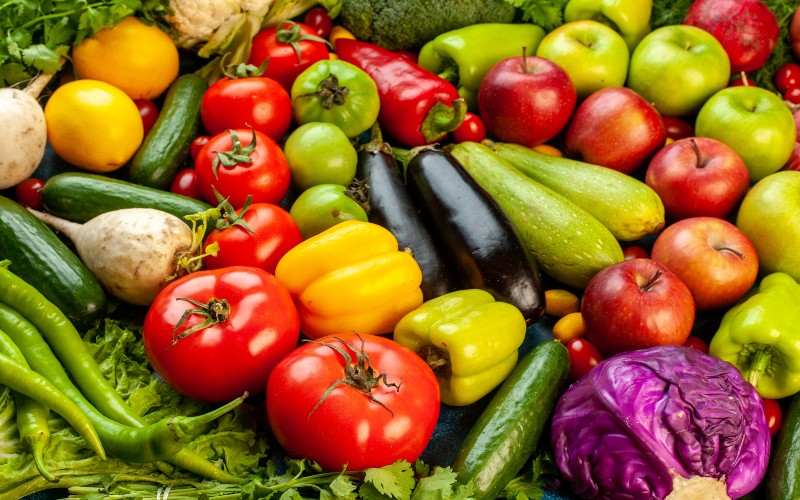15,000 in Gaza await urgent medical evacuation amid fragile ceasefire

Despite the truce agreement stipulating that the Rafah border crossing between Gaza and Egypt would reopen for the movement of people and aid, Israel has largely kept it closed, limiting medical evacuations and deepening concerns about the ceasefire's sustainability.
More than 15,000 people in Gaza, including around 3,800 children, are still awaiting evacuation for urgent medical treatment, the World Health Organisation (WHO) has warned, as the fragile peace deal between Israel and Hamas struggles to ease the enclave's worsening humanitarian crisis.
WHO Director-General Tedros Adhanom Ghebreyesus made the announcement in a statement on X on Wednesday, noting that over 40 critically ill patients and their relatives had so far been evacuated, but thousands remain trapped amid dire shortages of medical supplies and equipment.
More To Read
- Staggering Gaza casualties amid ongoing ceasefire breaches
- Palestinian police to be trained in Egypt as Gaza rebuilds security forces
- Israeli drone attack kills two Palestinian boys in Gaza
- Aid access and hospital operations remain constrained in Gaza
- New study estimates Gaza war death toll may exceed 100,000
- UN says rebuilding Gaza will cost Sh 9.1 trillion as Palestinian economy nears collapse
"WHO led today's medical evacuation of 41 critical patients and 145 companions out of Gaza, first since the ceasefire. Around 15,000 patients are still waiting for approval to receive medical care outside Gaza," said the body's Director-General.
"We continue to call on countries to show their solidarity and for all routes to be opened to expedite the medical evacuation."
Despite the truce agreement stipulating that the Rafah border crossing between Gaza and Egypt would reopen for the movement of people and aid, Israel has largely kept it closed, limiting medical evacuations and deepening concerns about the ceasefire's sustainability.
On Wednesday, the International Court of Justice (ICJ) said Israel must guarantee that Gaza's population has access to essential humanitarian aid, including food, water and medical supplies, as part of its obligations under international law.
The UN court's 11-judge panel stressed that Israel is required to facilitate and not obstruct relief operations carried out by United Nations agencies and other humanitarian organisations in the war-torn enclave.
"As an occupying power, Israel is obliged to ensure the basic needs of the local population, including the supplies essential for their survival," presiding judge Yuji Iwasawa said.
Israel, in a social media post, dismissed the ICJ's advisory opinion, maintaining that it upholds international law.
The advisory is not legally binding but carries significant political weight, adding to growing international pressure on Israel to fully implement the 20-point ceasefire deal, which, among other provisions, called for the entry of 600 aid trucks into Gaza daily.
On Tuesday, World Food Programme (WFP) spokesperson Abeer Etefa told reporters in Geneva that about 750 metric tonnes of food have been entering Gaza each day since the ceasefire took effect, less than half the agency's daily target of 2,000 tonnes.
She added that access remains limited as "only two of the seven Israeli-controlled crossings into Gaza are operational."
According to the UN, even at these open crossings, many aid requests are routinely denied by Israel without explanation.
"To be able to get to this scale-up, we have to use every border crossing point right now. It's the only way we can save lives and push back on the famine in the north of Gaza," Abeer said.
Top Stories Today














































